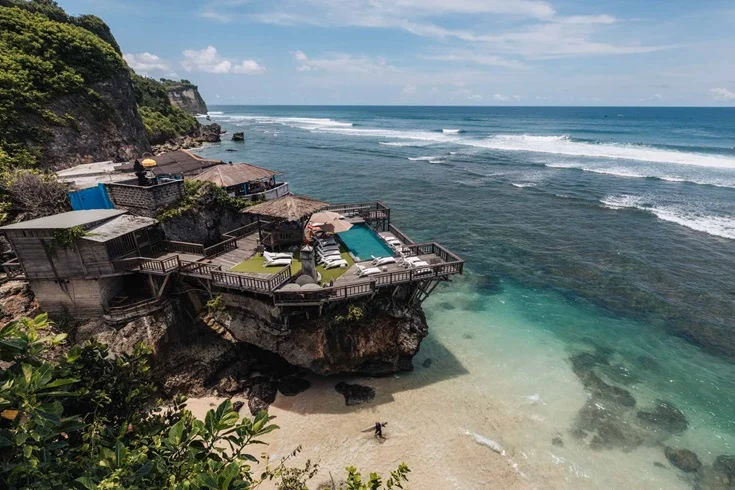A recent wave of surprise inspections has uncovered numerous unlicensed villas across Bali, prompting the Bali Villa Rental and Management Association (BVRMA) to call for clearer and more consistent business licensing regulations.
The inspections were conducted by the Special Committee on Spatial Planning, Assets, and Licensing (TRAP) of the Bali Provincial Legislative Council (DPRD Bali). The audit team, led by Yoga Iswara, found that Bali has 12,227 accommodation units, of which 5,272 are villas — mostly located in Badung Regency. The audit reviewed compliance with administrative, business, and sustainability standards.
Bali Villa Rental and Management Association (BVRMA) Chairman I Kadek Adnyana said many of the association’s members were among those inspected and left confused about what exact permits they were required to have.
“They were never informed about which permits were necessary, but suddenly inspections were carried out. Our members are asking us what the actual requirements are, because the information they receive is inconsistent,” Adnyana said on October 24, as quoted by Kompas.
He added that the inconsistency stems from overlapping authorities among agencies.
“One day the Investment and Licensing Office (PTSP) asked about OSS, then Civil Service Police questions zoning, next the police visit, followed by BPJS. Our members feel like they are being tossed around instead of being guided properly,” he said.
To address the issue, BVRMA held a forum titled “Unpacking Villa Rental Licensing in Bali,” inviting key stakeholders including Yoga Iswara, Bali Tourism Agency Head I Wayan Sumarjaya, and Investment and One-Stop Service (PTSP) Head I Ketut Sukra Negara.
“Even we don’t fully understand the correct steps. Our members report being sent back and forth between agencies. That’s why we gathered everyone together to clarify this issue,” Adnyana added.
Government pledges structured reforms
Bali Governor I Wayan Koster earlier admitted that weak supervision of spatial planning and business licensing had led to widespread violations. He said the problem worsened after the introduction of the Online Single Submission (OSS) system, which lacked adequate regional evaluation.
“This lack of coordination has caused disarray on the ground. Even regional officials are unaware of what is happening,” Koster said during a plenary session at the Bali Governor’s Office on October 22.
Meanwhile, Yoga Iswara emphasized that the government’s goal is to strengthen licensing to make Bali a high-quality tourism destination.
“We focus on three core aspects — administration, business standards, and sustainability. The checklist is minimal but critical to ensure compliance,” he explained, as quoted by BisnisBali.
He detailed that villa operators must secure several key documents, including the Online Single Submission (OSS), Business Identification Number (NIB), Environmental Management Statement (SPPL), Business Standard Declaration, Building Approval (PBG), and Function Worthiness Certificate (SLF).
Supporting the initiative, I Nyoman Ngurah Subagia Negara from the Bali Investment and One-Stop Service Office stated that enforcement is being carried out under the Risk-Based Online Single Submission (OSS-BR) system.
He stated that the government seeks to educate rather than punish, adopting a persuasive and facilitative approach so investors can operate with greater confidence and security.
Adnyana said BVRMA hopes that collaboration between the government and villa operators will lead to a fairer, more transparent system that boosts Bali’s tourism credibility.
“Proper licensing will prevent illegal villas, unhealthy price wars, and tax leakage while ensuring a healthier and globally competitive villa industry,” he concluded.
Source: Kompas, BisnisBali
Photo Credit: jonny melon

